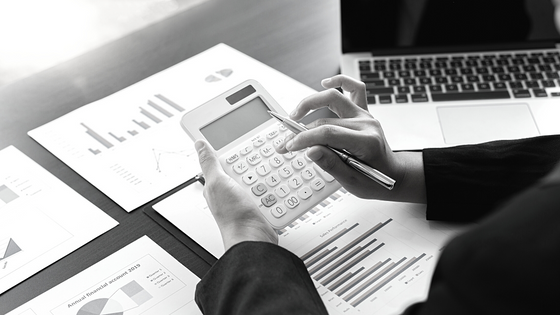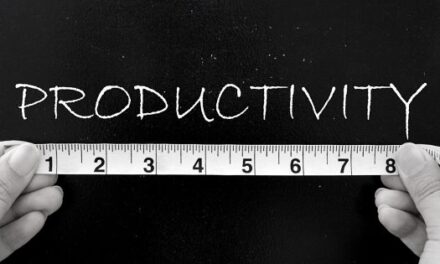It should not come as a surprise that the previous several years have been challenging for many people who operate small businesses in Australia. Pandemics, bushfires, floods, COVID-19 limitations, and lockdowns have all contributed to these challenges. The good news is that the tax return from your small business could be the silver lining to a difficult year, providing you with the financial resources and optimism that you require right now.

When it comes to running a small business, it may feel as like there is a lot that you can’t control, and the owners of many small and medium-sized firms have had to put in a lot of effort to ensure that their companies continue to operate. Nevertheless, right now is the time to investigate all of the opportunities available to you in order to get the most out of your tax return.
Before filing your tax return, consult your tax accountant and understand how the financial management systems have changed. Here are some tips for getting the most out of your small business tax return.
Professional advice
You can choose to do your tax return yourself or hire a professional depending on whether your finances are simple or complex.
Using an accountant (who must be a registered tax agent) to prepare and lodge your tax return may be beneficial if you have many sources of income, diverse investments, potentially your own business or a lot of deductible work-related costs.
If your employment is your primary source of income and you don’t have a large number of deductions or investments to claim, you may find it more convenient to file your tax return online using my Tax, which can be accessed through the Australian Government’s myGov website.
Maintain records
Keeping and maintaining records of all transactions can help you or your accountant to file the return smoothly. Ensure you:
- Check with your software provider or a tax consultant to see if your record-keeping procedures are up to date.
- Make sure you’re reconciling your accounts on a regular basis by comparing statistics to your bank statements and source papers (for example, till tapes, receipts and tax invoices).
- Use technology, such as point-of-sale software, accounting systems and mobile apps, to run your firm. These tools can help you save time and produce accurate reports.
Know what to claim
Even as we begin to recover, the financial outlay required to keep many small enterprises operating in the aftermath of the COVID-19 outbreak has been significant. Every small business in Australia has had to invest money to keep producing money, from safety equipment to rising manufacturing expenses. So, when it comes to tax deductions, if you had to spend money on it in order to keep your business running and it directly related to earning your assessable income, you can generally deduct it.
Depreciation and other company expenses can be claimed as a tax deduction. This includes wages, marketing and business loans.
Keep in mind that you can’t claim private costs, so make sure to keep records to back up your claims.
Mortgage interest and electricity can be claimed as business expenditures if you conduct your business from your house or if your firm is situated there.
Capital Gains Tax (CGT) may be owed on the portion of your house that is used for commercial purposes when you sell it.
Prepaid expenses
As a small business, you might be able to claim an immediate tax deduction for any expenses that you have pre-paid. Due to the fact that they will continue into the new fiscal year, expenses such as rent, insurance, and membership dues can be deducted. During the current tax year, you are allowed to deduct up to 12 months’ worth of expenses that will be incurred in the following year.
Voluntary super contributions
Concessional super contributions, often known as pre-tax contributions, are taxed at a 15% rate. This is lower than the lowest individual income tax rate of 19 per cent and the highest corporate tax rate of 27.5 per cent and you can claim a deduction on contributions.
Individuals can make up to $25,000 in concessional super contributions. You must submit a ‘Notice of intent to claim or vary a deduction for personal super contributions form to your super fund if you want to claim a deduction for your concessional contributions.
Deducting start-up expenses
If they are applicable, you should deduct any start-up costs, such as getting legal or accounting advice on how to form your business and paying fees associated to setting it up (for example – ASIC company registration fee).
Conclusion
Check that the information you’re reporting is accurate: Include all of your business income, regardless of whether it was paid to you in cash or deposited into a personal account. Since the numbers have to be accurate, it is best to keep records from the very beginning or to use the services of a bookkeeping firm.
Verify that the expenses you intend to deduct have a real connection to your company and that you have the evidence to support any claims you make in this regard.





















